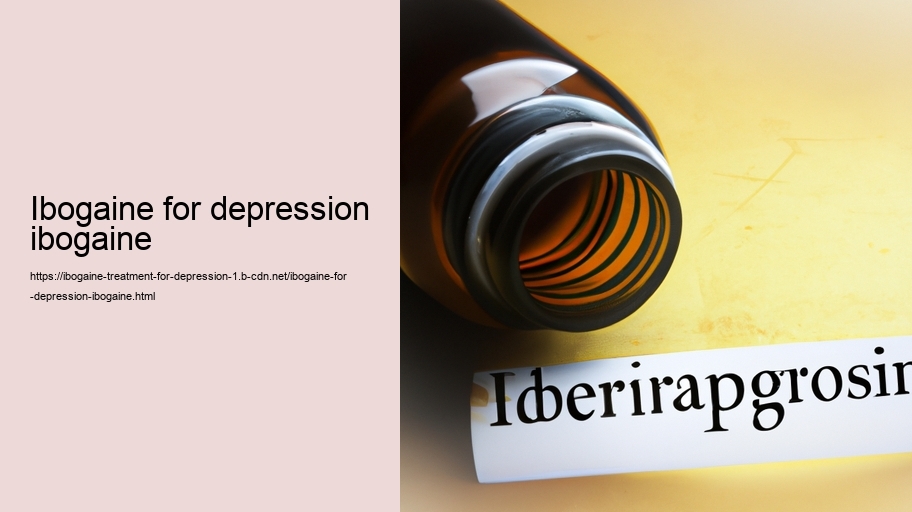Title: Exploring the Potential of Ibogaine in Treating Depression
Introduction:
Depression is a debilitating mental health disorder that affects millions of people worldwide. It can profoundly impact an individual's quality of life, impairing their ability to function effectively in daily activities. Traditional treatments for depression typically involve psychotherapy, antidepressant medications, and lifestyle modifications. However, not all patients respond well to these conventional approaches, leading researchers and clinicians to explore alternative therapies. One such alternative that has garnered attention is ibogaine—a naturally occurring psychoactive substance found in the roots of the African shrub Tabernanthe iboga.
Understanding Ibogaine:
Ibogaine is traditionally used in spiritual ceremonies by indigenous peoples in West Africa but has also gained interest for its potential therapeutic effects on addiction and various psychiatric conditions. Its unique pharmacological profile suggests it could alter brain chemistry in ways that might alleviate symptoms of depression.
The Mechanism of Action:
Although research on ibogaine is still in its early stages, studies indicate that it interacts with multiple neurotransmitter systems within the brain — including serotonin, dopamine, and glutamate pathways — which are often implicated in mood regulation. By modulating these systems, ibogainehas the potential to reset neural circuits that have become dysfunctional due to chronic stress or other factors related to depression.
Potential Benefits for Depression:
Some preliminary evidence suggests that a single dose of ibogaine can lead to rapid antidepressant effects, reducing symptoms for extended periods compared to traditional antidepressants that require ongoing administration. This property positions ibogainehas a novel intervention for those suffering from treatment-resistant depression.
Safety and Legality Concerns:
Despite promising reports regarding its efficacy, ibogainetreatment is not without risks and remains illegal or regulated in many countries due to concerns about its safety profile. It can cause cardiovascular complications and must be administered with medical supervision due to potentially dangerous side effects at higher doses or when combined with other substances.
Clinical Trials and Research Challenges:
To fully understand the benefits and risks associated with using ibogafor treating depression requires rigorous clinical trials—something that has been limited due to legal restrictions and lack of funding. Additionally, since pharmaceutical companies may have little incentive to invest in a naturally occurring substance like iboga,the path toward widespread clinical application remains challenging.
Ethical Considerations:
As with any experimental therapy, ethical considerations must be taken into account when exploring the use ofibogafor treating depression. Adequate informed consent processes should ensure participants are aware of potential risks while balancing this against their need for effective treatment options.
Conclusion:
Ibogaineremains a controversial yet intriguing compound showing promise as an alternative treatment for depression. While anecdotal evidence points towards its effectiveness in alleviating depressive symptoms rapidly—and possibly enduringly—much more scientific scrutiny is needed before it can be widely recommended as a safe therapy option. As our understanding evolves through careful research endeavors within legalized frameworks ensuring patient safety above all else,Iboganecould one day prove revolutionary for those whose lives are burdened by the shadows of untreated depression.
